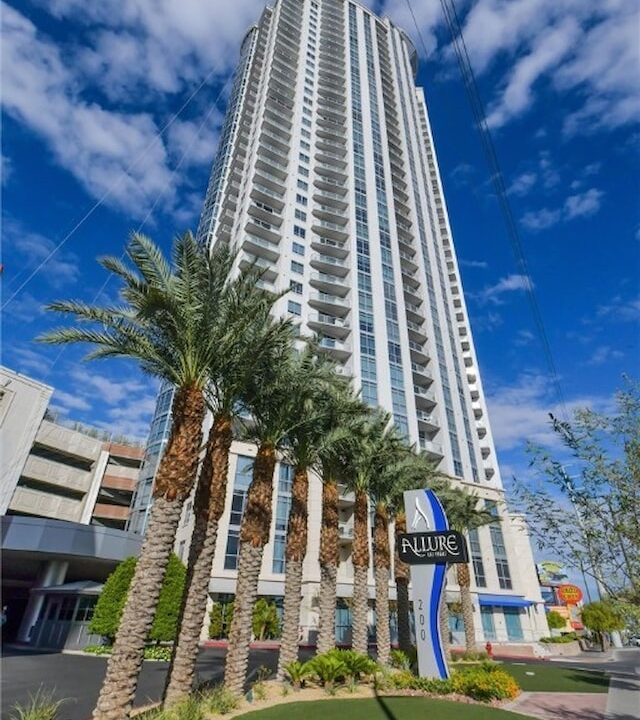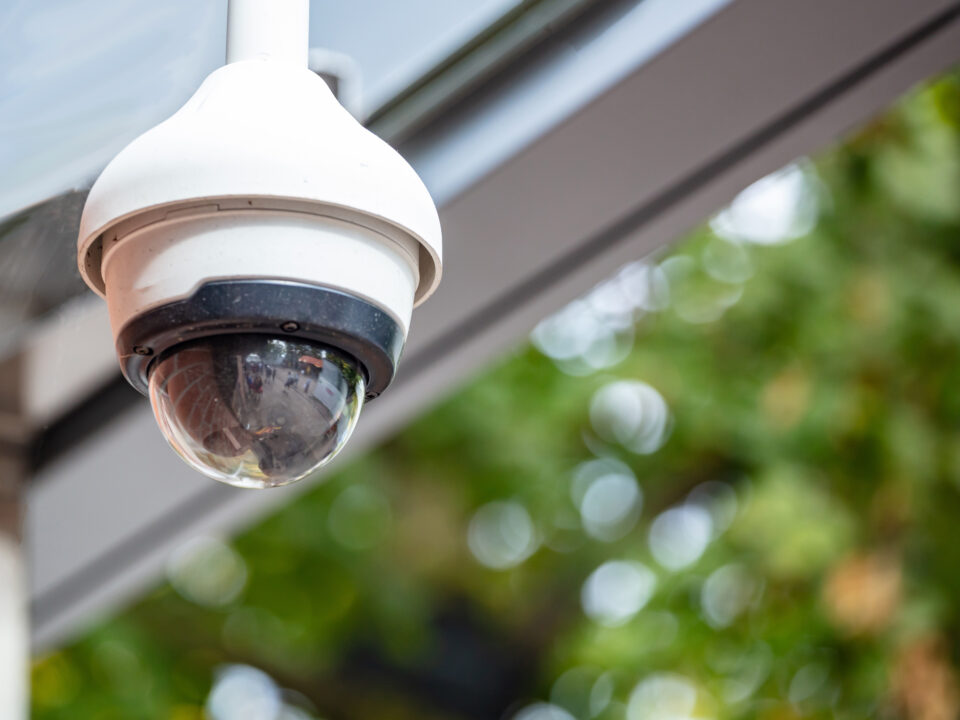- Sales: +1 385 334 4390Support: +1 801 396 2521
Energy management in a hotel is the second largest expense for hoteliers after staff employment. This means that the average hotel owner will be spending more on energy than on taxes, building maintenance, loans, and marketing.
What if there was a way to cut costs without terminating employees, all while improving your customers’ experience? If there were a way, this would give any hotel owner a leg up in the industry. Adequate employees help maintain and improve the facilities, and happy customers leave positive reviews and repeat business.
All these outcomes are possible by implementing a hotel management system.
What is a Hotel Management System?
The simplest way to explain a hotel management system is to say that it allows remote access and automation for climate control and energy-consuming products in hotel rooms. The benefits are tangible and, depending on the conditions of your hotel, have relatively fast returns.
There are three components in each hotel management system:
- Sensors
- Smart Plugs and Switches
- Remote Control
These three elements make managing hotel rooms easier for you and for your staff.
Sensors
A hotel room outfitted with a hotel management system has occupancy sensors installed in the room. The role of these sensors is to monitor when there are people in the room. They are usually a combination of door sensors and ceiling or wall-mounted motion detectors. These devices work together to monitor the traffic in the room.
After a certain period of time – determined by the hotelier during the set-up phase – these sensors will notify the system at large that there is nobody in the room and that the device can begin implementing an energy-saving routine.
Smart Plugs and Switches
An essential element of creating an energy-saving system is implementing energy-efficient practices. Smart plugs and switches help you do exactly that.
Hotel residents aren’t always the most careful with the amount of energy they use. In fact, since energy costs are included in the price of a hotel, most customers won’t care at all. They will leave on lights, appliances, and climate control.
Using smart technology, you can program a room to automatically turn off lights and appliances when customers are not present in the room. A hotel owner or system manager can do this through smart switches and plugs.
A smart switch can be installed in the bathroom and can be motion-activated. After a certain period without detected motion, these switches will turn off lights, saving energy and adding convenience. These switches can be independent of the rest of the hotel management system or incorporated as circumstances determine.
The decision to install these switches in the hotel room itself should take into consideration where the entrance to the bathroom is and whether motion from the bed to the bathroom would trigger the lights, waking other occupants in the room.
Smart plugs don’t have timers or sensors of their own. Instead, these depend on the network as a whole to monitor motion and enact power-saving procedures.
Once the system indicates there is nobody in the room, it can alert the smart plugs which can deactivate, turning off all the appliances connected to them. This is probably not desirable for in-room clocks but is very useful in turning off light fixtures and TVs.
Remote Control
One of the most significant advantages of implementing a hotel management system is being able to control essential features in a room remotely.
All the components of a system can be integrated using an internet connection. This allows the hotelier to see and monitor each room individually. Remote access can be helpful in prepping rooms for occupants. When a new occupant arrives, the room can be remotely activated so the climate control is operating and is able to bring the temperature into the desired range.
After the system is installed, the hotelier can set up the energy-saving parameters. These parameters are according to the regional needs of the area. For instance, if your hotel is in a hot location, keeping the climate control active while the room is unoccupied will waste energy. Hotel owners can program the system to allow the temperature to rise a few degrees while there are no occupants in the room. Likewise, the system can shut off all of the lights and appliances without entering the room.
Are there privacy concerns with Hotel Management Systems?
There are no privacy concerns with monitoring energy use remotely. The sensors installed will only monitor motion and do not require visual feed. The purpose of remotely monitoring the room is solely to determine if an occupant is present and nothing more.
Greater Customer Satisfaction
Hotel owners aren’t the only ones that benefit from lower energy consumption; hotel customers do, too.
A management system preserves the life of your appliances. Because they are being used less, your climate control system and other amenities won’t break down as often, lowering the cost of repair and the inconvenience felt by the customer.
Most systems include a sleek in-room interface for a user-friendly interaction. Although tenets will not be able to override the custom programming established by the hotelier, they will have a reliable and advanced way of controlling the temperature in their room.
Additional Benefits for Hotel Owners
Another advantage to having a remote control system is a more accurate read on the status of your appliances. Remote readings can relay whether climate control is functioning in a room. Having a functioning climate control unit in your hotel rooms is a crucial component of customer satisfaction.
A remote monitoring system can relay whether there are issues with your units before you hear it from your customers. This is better for both you and them!
Hotel Management Systems from Groove Technology Services
If you are a hotel owner who wants better energy management in a hotel, look into getting a hotel management system. This could be just the tool your hotel needs to save on money and increase customer satisfaction.
Contact us today to see how your business can thrive with state-of-the-art technology!



